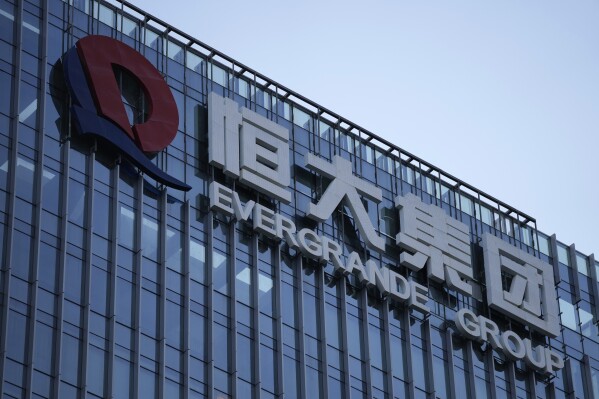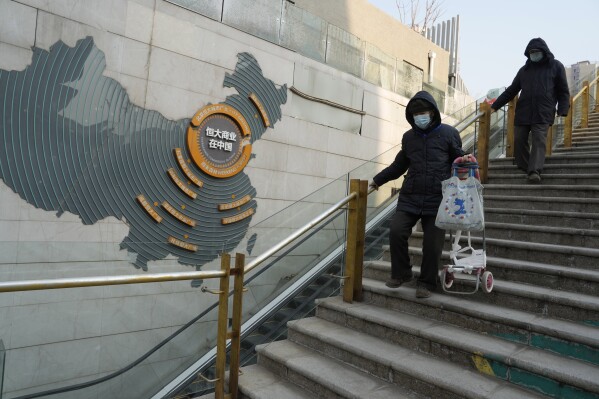Hong Kong begins public consultation to implement domestic national security law
HONG KONG (AP) — Hong Kong begun public consultation Tuesday on enacting its own national security law, beginning a process to implement legislation that for years was widely opposed by residents who feared the erosion of their civil liberties.
Beijing imposed a national security law on Hong Kong in 2020 and a crackdown on dissent followed. Many of the city’s leading pro-democracy activists have been arrested, silenced or forced into self-exile. Dozens of civil society groups have been disbanded, and outspoken media outlets like Apple Daily and Stand News have been forced to shut down.
Both the Hong Kong and Beijing governments have hailed the law for restoring stability after the massive pro-democracy protests in 2019.
But the Basic Law, Hong Kong’s mini-constitution, requires the city to enact its own national security law.



“I want to say that legislation for Article 23 of the Basic Law is something that we need to do and have to do as soon as possible because it is our constitutional responsibility,” city leader John Lee said during a news conference. “It’s been over 26 years since the reunification, and we still haven’t completed this duty.”
He said other countries, including the U.S., U.K., and Singapore, have similar laws to safeguard security and Hong Kong would draw references from them.
The public consultation period began Tuesday and will end Feb. 28.
Hong Kong previously was unable or unwilling to enact the law. In 2003, an attempt to push through the legislation sparked street protests with 500,000 demonstrators expressing concern it would erode civil liberties. The legislation was shelved.
Critics worry authorities will use a domestic national security law as another tool to crack down on dissidents, further eroding freedoms that were promised to the former British colony when it returned to Chinese rule in 1997.
Officials have said the “painful experiences” of the 2019 protests demonstrated that national security risks are real.
The Beijing-imposed security law in 2020 criminalizes secession, subversion, and collusion with foreign forces to intervene in the city’s affairs as well as terrorism, but has not covered all the offenses authorities wanted to target.
Under Hong Kong’s constitution, the city is required to enact laws “on its own” to prohibit seven types of acts: treason, secession, sedition, subversion against China’s central government, theft of state secrets, foreign political organizations conducting political activities in the city and local political organizations establishing ties with foreign political groups.
___
Soo reported from Singapore.
Disclaimer: The copyright of this article belongs to the original author. Reposting this article is solely for the purpose of information dissemination and does not constitute any investment advice. If there is any infringement, please contact us immediately. We will make corrections or deletions as necessary. Thank you.


